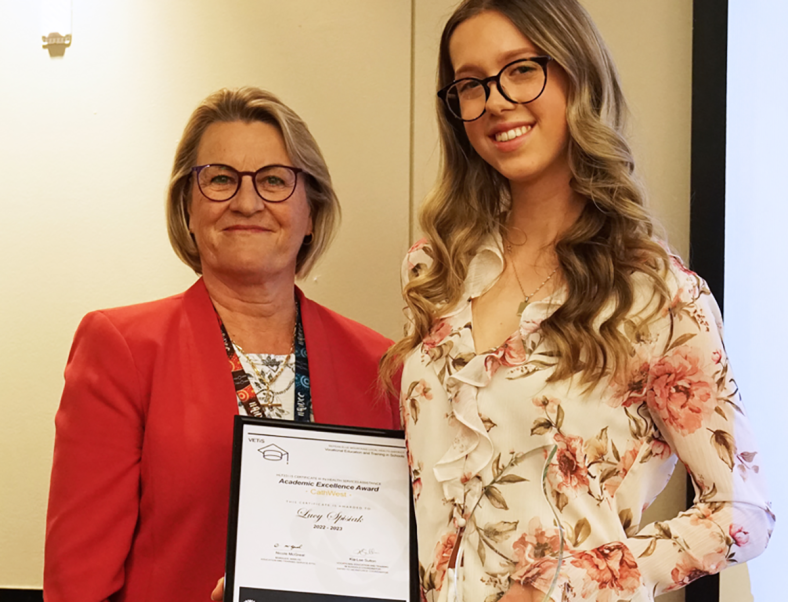Queensland Minister for Environment and the Great Barrier Reef Leeanne Enoch has today highlighted the important role First Nations people play in protecting the Reef, during the Great Barrier Reef Ministerial Forum in Townsville.
“First Nations peoples have been caring for land and sea for thousands of generations, and evidence of these connections goes back more than 60,000 years,” Ms Enoch said.
“Expanding the involvement of First Nations peoples in protecting and managing the Reef as we face the challenges of a changing climate is a priority for the Palaszczuk Government.
“With the evidence of the impacts of climate change becoming clearer as Queensland experiences more frequent severe weather conditions, it is critical that we work in real partnership with First Nations peoples and help harness thousands of years’ of knowledge for reef protection and management.
“The report Traditional Owners of the Great Barrier Reef: The Next Generation of Reef 2050 Actions, demonstrates what we have long known, that the Reef is the cornerstone of beliefs, knowledge, laws, languages and way of living for First Nations peoples, and that is why Traditional Owners need to be a part of the solution going forward.”
Minister Enoch also said the science was clear on what challenges the Reef is facing.
“As we saw in the 2019 Great Barrier Reef Outlook Report that was released in August, climate change is a serious threat to the health of the Reef.
“As the state is experiencing severe bushfires and extreme conditions never before seen so early in the fire season, it is clear climate change cannot be ignored.
“The Palaszczuk Government is taking action on climate change, and we have set ambitious targets to increase renewable energy and reduce emissions.
“Science is also showing that improving water quality will support a healthy future for the Reef, and that is why the Palaszczuk Government has taken action, with new reef regulations passed by Parliament in September that help improve water quality.
“These regulations, along with other efforts including tree clearing laws and action on climate change, are all steps that are being taken by the Queensland Government to protect the Reef and prevent it from being listed by the World Heritage Committee as in-danger next year,” Ms Enoch said.
“Our laws to improve water quality are based on reputable science and were a recommendation by the Great Barrier Reef Water Science Taskforce.
“Our legislation is designed to support all sectors to better protect the Reef. As part of this support, we are helping the agriculture sector to transition to the new regulations, including $10.1 million under a rebate scheme to help farmers seek professional advice, $5.72 million for the grazing sector, and $1 million for banana growers.
“This is on top of the $110 million that has been provided to the agricultural sector since 2012 to help improve land management practices for water quality to support productive and profitable industries.”
Minister Enoch said it is clear Queensland is leading the way when it comes to Reef protection.
“On top of all of these measures that the Queensland Government has implemented, some of our programs have also recently received several prestigious awards for their efforts to protect the Reef.
“The Queensland Department of Environment and Science and Great Barrier Reef Marine Park Authority this month won the Gold Award in the 2019 Prime Minister’s Awards for Excellence in Public Sector Management for the success of the Joint Field Management Program, which delivers practical on-ground actions to protect marine and island ecosystems.
“The Queensland Department of Environment and Science also received the 2019 Premier’s Award for Excellence for the Rebuilding Strathalbyn project, which was a collaborative effort between Government and Greening Australia, with support from Griffith University and the National Environmental Science Program, which helped restore heavily eroded gullies at Strathalbyn Station, a grazing property in the Burdekin. This resulted in the significant reduction of sediment entering Reef waters from the region.”








